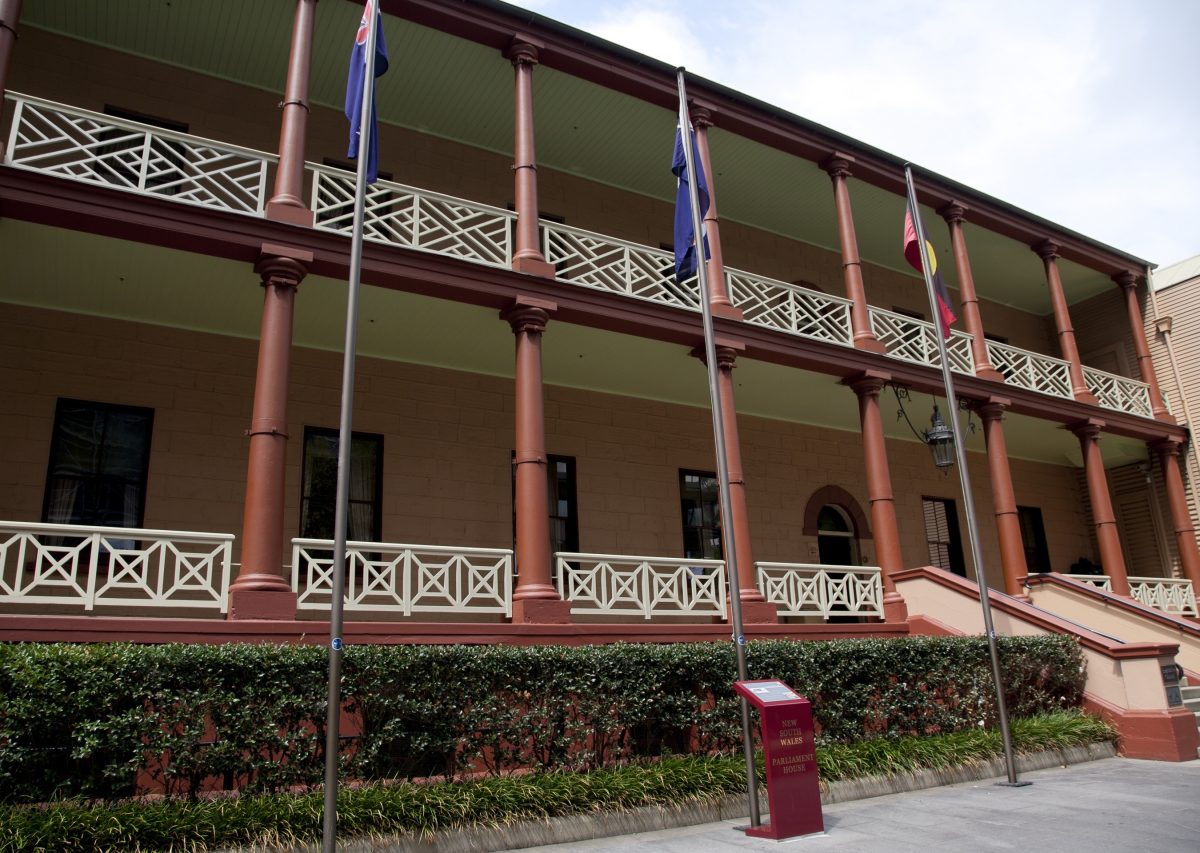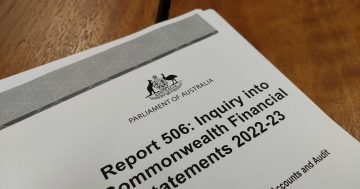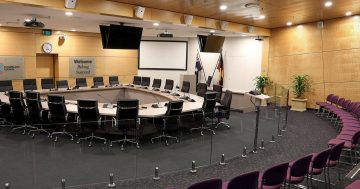
Of the seven recommendations made by the PAC, the NSW Government rejected one and noted all the others. Photo: File.
All but one of the recommendations to improve budget transparency have been noted by the NSW Government in its response to the Public Accounts Committee’s (PAC) report on the 2023 election.
The PAC report investigated the Parliamentary Budget Office’s (PBO) audit of the 2023 state election, which experienced a record number of election costings and a tight labour market.
While NSW is among the few jurisdictions in the world lacking a permanent budget office, it was the first in Australia to establish a Parliamentary Budget Officer, who was in place for the 2011 state election.
The Parliamentary Budget Officer is an apolitical role accountable only to parliament, which provides costings of election policies in response to requests by parliamentary leaders, together with budget impact statements for all costed policies.
In its response to the PAC report, the government noted six of the recommendations to determine whether legislative amendments are required for their objectives to be fulfilled.
However, the recommendation calling for the Pre-Election Budget Update to be publicly released no later than three days after the caretaker period begins was rejected on the basis that it was already supported by current legislation.
“The government of the day can make decisions which could impact the budget aggregates up until the caretaker period commences,” the NSW government response says.
“Maintaining the current legislative wording, which requires the Pre-Election Budget Update to be released as soon as reasonably practicable, will ensure sufficient time to produce accurate budget aggregates should late government decisions be made and updated economic forecasts.”
Another recommendation, calling for the state to consider establishing a permanent PBO, was not supported, but the option to appoint an officer earlier than the current legislated date of 1 September was noted.
“While an earlier appointment will allow more time for administrative and operational planning, recruitment and office setup, internal briefings and training to occur, further consideration is required to determine the appropriate timing for an earlier appointment to occur.”
Two recommendations were acknowledged for their transparency benefits, but only noted for incorporation into the PBO operational plan.
One called for the requirement that parliamentary leaders advise the PBO within 48 hours of the public announcement of an election policy. The other said published costings and budget impact statements must include the financial year immediately following the current and relevant forward budget estimates.
The last recommendation asked for the head of a government agency to be able to delegate PBO information requests from other departments to a proxy.
Current rules around confidentiality limit PBO requests from being communicated to anyone except a member of staff, agency head, or the Department of Premier and Cabinet – which no longer exists.
The PAC report claims the PBO previously requested legal advice on this issue and found that the PBO Act does, indeed, prevent agencies from consulting with each other.
“The workaround solution, which the PBO developed in 2018-19 with advice from the NSW crown solicitor, was to send information requests to the heads of all applicable agencies at the same time,” the PAC report says.
“This enables their staff to work in parallel on providing the information request.
“Although this solution has worked, it adds extra work and there is still a perceived risk by agencies around sharing information.
“The PBO recommends that the PBO Act be changed to explicitly enable information to be exchanged freely and quickly so policies can be costed in a timely manner.
“This provision in the PBO Act should state that a person who seeks information from another NSW Government agency for the purpose of fulfilling a PBO information request does not, by so doing so, risk breaching confidentiality provisions.”
The NSW Government acknowledged the importance of the efficient provision of information during the costing process, but said further consideration was required to determine the need to strengthen these processes by way of legislative amendment.











